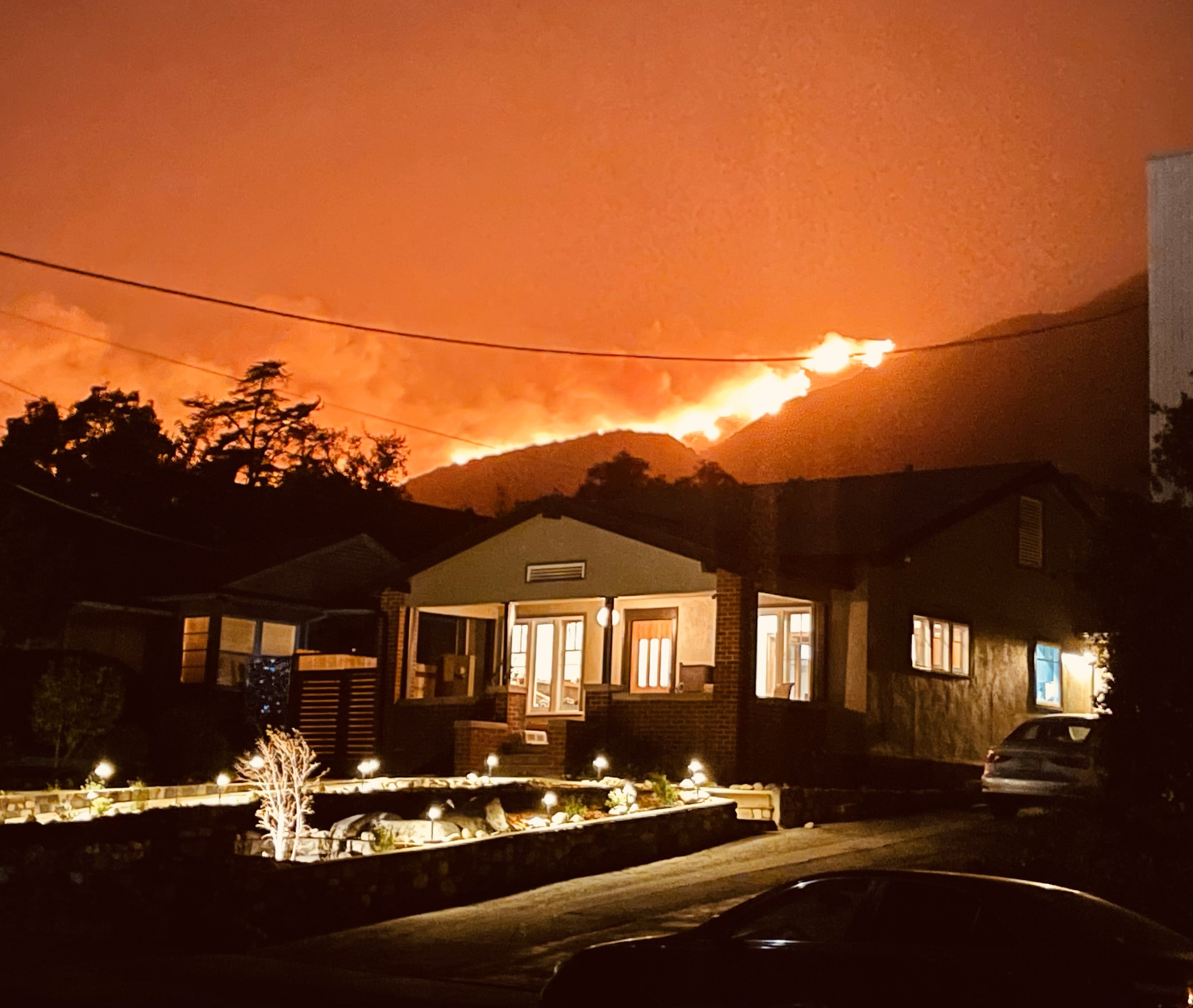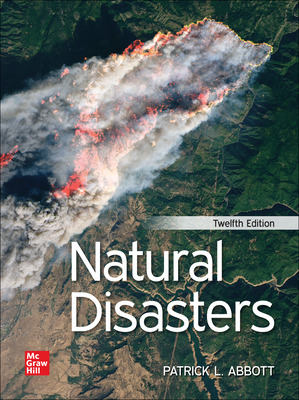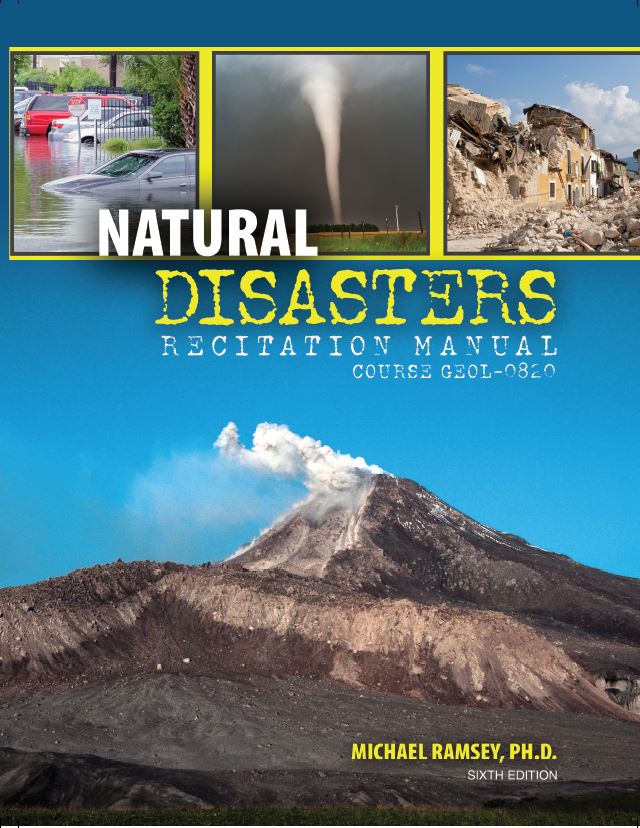| GEOL-0820 | Natural Disasters | Spring, 2025 |

|
Instructor: Prof. Michael Ramsey
Office: SRCC 509/511 Office Phone: 624-8772 Email: mramsey@pitt.edu Office Hours: Tu (3:00 - 4:00 pm) & Th (2:00 - 3:00 pm) |
||
|
TA: Emrah Ozpolat
Office: SRCC 305 Email: emrahozpolat@pitt.edu Office Hours: M. 11:00 - 1:00pm |
Recitations:
W, 12:00 - 12:50 pm Th, 2:00 - 2:50 pm F, 12:00 - 12:50 pm F, 1:00 - 1:50 pm |
||
|
TA: Adnan Deshaee
Office: SRCC 514 Email: add138@pitt.edu Office Hours: Tu, 2:00 - 4:00pm |
Recitations:
Tu, 10:00 - 10:50 am Tu, 5:00 - 5:50 pm W, 10:00 - 10:50am W, 5:00 - 5:50 pm |
||
Recitation sections in red have lower enrollment. Students in the other recitation sections should consider switching into a lower-enrolled section if it fits your schedule. Typically, students do better in smaller recitations with more TA one-on-one time. Those of you interested should talk with your academic advisors and your current TA for this class to explore the possibility of changing recitation sections. However, please try and do so before the first week of recitation.
1. Objective: To understand the natural Earth processes that affect human lives and their environment in catastrophic ways. Natural disasters are commonly made worse when intensive human activity expands into hazardous zones. Each type of hazard will be examined in terms of the science, prediction, mitigation, and public policy/safety issues.
|
2. Textbooks: Both books can be purchased at the University Store.
"NATURAL DISASTERS" (12th edition), by P.L. Abbott. McGraw Hill Publishing (ISBN 978-1-264-09116-4), 2023. note: the book is also available through the University Library System as a 2-hour, on-reserve book.
"NATURAL DISASTERS: Recitation Manual" (6th edition, revised), by M.S. Ramsey. Kendall Hunt Publishing (ISBN 979-8-3851-6664-0), 2025. |

|

|
3. Lecture Times: M, W from 2:00 - 2:50 pm in Alumni Hall, room 343. Attendance is strongly encouraged at all scheduled class meetings. Much of the exam material will be derived from the class notes and video presentations, therefore attendance is beneficial to your grade. I will also be available to answer questions for a few minutes before and after the lectures (as well as my office hours). The links to the class notes will be available on the class schedule page.
4. Course Requirements:
This course should be an interesting and interactive experience. Knowing the science fundamentals and learning to think objectively will give you a much better understanding of the landscape around you and the natural disasters that impact our lives. However, this class does require effort in order to do well, so don't treat it as a blow-off class. You will need to memorize information and work in pairs/groups during the recitation.
Exams:
There will be two mid-term exams and one final (each being non-cumulative). Each exam will be multiple-choice questions, which will be based on material covered in the lectures, videos, and recitations. Make-up exams will NOT be given for the first two mid-term exams because you are allowed to drop your lowest score. If there is an extreme circumstance, please come talk to me beforehand (see grading policy below).
Recitations:
Students will meet for an additional hour per week in recitation classes run by a Geology Department graduate student teaching assistant (TA). These will meet in the SRCC Building, room 113. Each recitation TA will oversee the weekly assignments and be there to answer questions. Grades compiled for each recitation section will comprise 35% of your total for the course (see below). You MUST sign up for a recitation section and recitation attendance IS mandatory!!
NOTE: RECITATIONS WILL START MEETING NEXT WEEK (THE WEEK OF JAN 13th)
5. Grading: Your final grade will be based on your performance on the exams, the score in the recitation, and in-class participation. The grade will be calculated using the following break-down: Mid-term Exam = 30%, Final Exam = 30%, Recitation = 35%, Class Participation = 5%. I will drop the lowest of the two mid-term exam grades, but not the final. This will give you the chance to recover from a poor performance and minimize the need for any make-up exams. If a curve is needed, it will be based on the final average of the entire class and equal to a median score of a C+/B-. Therefore, the curve (and thus the letter grades) will not be decided until the end of the term. So, don't ask about a curve after each exam.
6. Web Site: The site is located at http://ivis.eps.pitt.edu/courses/geol0820/ and will contain the syllabus, announcements and assignments for the class. I tend to revise the class schedule as the term progresses, so please check there for the most current class information.
7. Important Policies: click here.
8. Other Links:
![]()